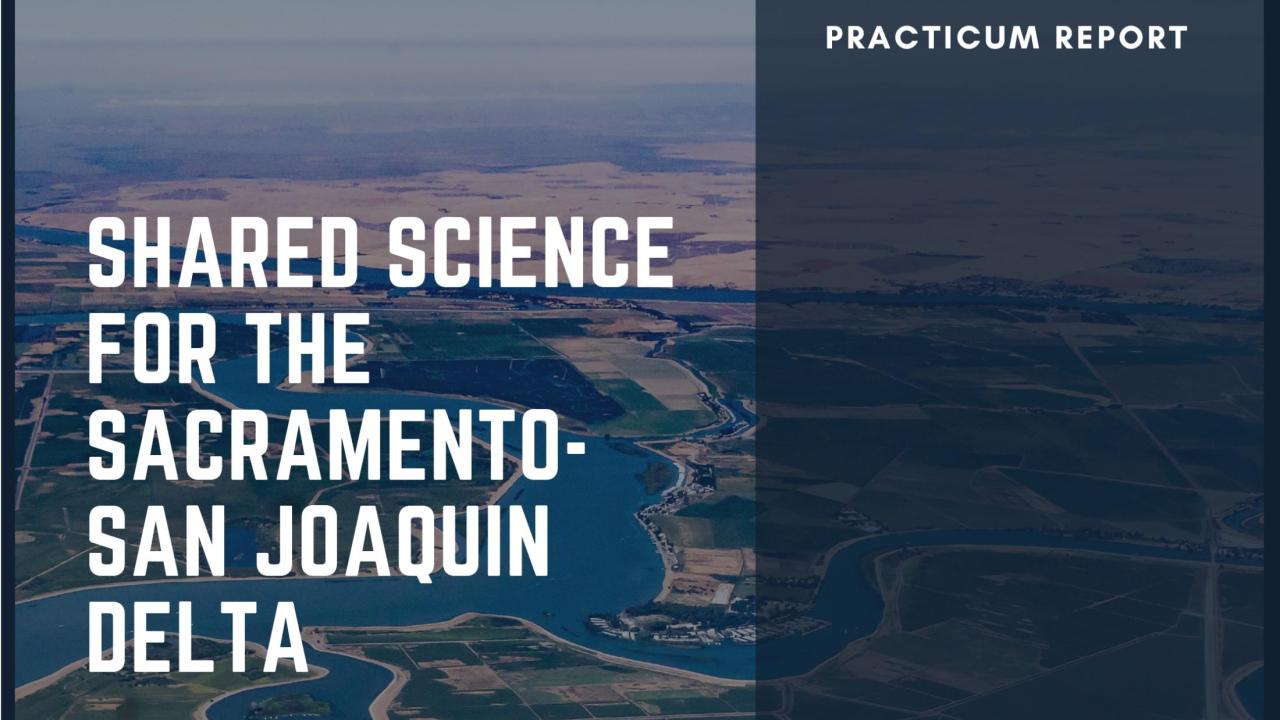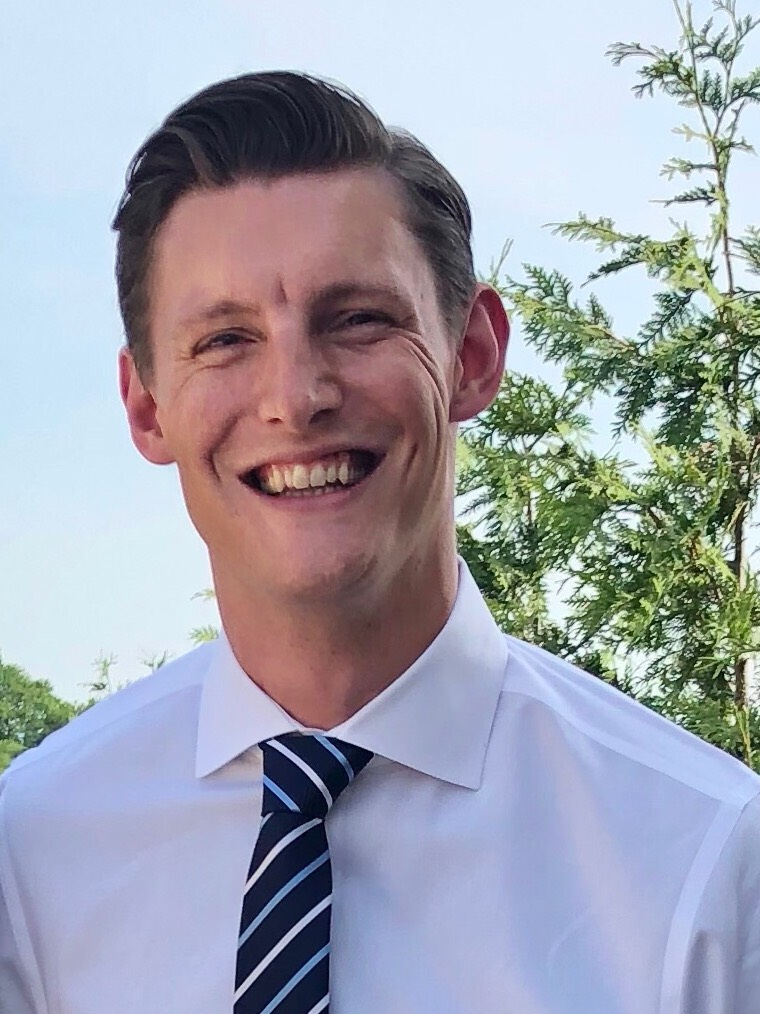
Aston Tennefoss' Practicum Project with the Office of the Delta Watermaster
 Aston Tennefoss is a graduate of the Master of Science in Environmental Policy and Management program. He holds a Bachelor of Science in Chemical Engineering from the University of Washington. He has worked in business and information technology consulting for nearly a decade. An avid rower, he is Board President of River City Rowing Club.
Aston Tennefoss is a graduate of the Master of Science in Environmental Policy and Management program. He holds a Bachelor of Science in Chemical Engineering from the University of Washington. He has worked in business and information technology consulting for nearly a decade. An avid rower, he is Board President of River City Rowing Club.
This post was written by Aston about his practicum experience.
The Environmental Policy & Management practicum provides students with the opportunity to experience the daily operations and current events within their chosen field of study. With my interest in water policy and the Delta, I was fortunate to work with the Office of the Delta Watermaster at the State Water Resources Control Board for my practicum.
The Delta Reform Act of 2009 formed the Office of the Delta Watermaster. The Watermaster is appointed to a four-year term by the State Water Resources Control Board (SWRCB) and reports to both the SWRCB and the Delta Stewardship Council. As an independent officer of the state, the Watermaster oversees day-to-day administration and enforcement, if necessary, of water rights in the Delta related to water diversions. In addition to water rights management, the Watermaster works with the SWRCB and the Stewardship Council to advance the coequal goals mandated in the Delta Reform Act. These goals are: (1) improved water supply reliability and (2) an enhanced Delta ecosystem.
Over the course of five months, I interviewed stakeholders throughout the Delta science enterprise, attended agency, committee, and public meetings, and researched existing funding and governance models within the Sacramento-San Joaquin Delta and other national estuaries. The Delta Watermaster, Michael George, and my Faculty Supervisor, Dr. Jay Lund, guided my activities, providing valuable context for my research and suggesting possible interviewees. The purpose of the interviews was to leverage the experience of practitioners, policymakers, and researchers to discern barriers and opportunities for collaborative research. These insights, combined with a review of the relevant literature, were used to recommend possible changes to the future governance and funding of Delta science. These recommendations are contained in the attached report. The California WaterBlog featured a summary of the report here.
The project increased my understanding of current political and structural dynamics in water management and policy. The process of writing and revising the white paper focused my ability to discern what is relevant to a policy audience. As I developed recommendations, the draft and review process with Michael George and Dr. Lund produced a more pertinent and accessible document. Through my participation in meetings and workshops, my network has grown, and I have recently been asked to review a section of the 2018 Draft Delta Science Plan Update. The interview process exposed me to stakeholders from local, state, and federal government, as well as private organizations and NGOs. I have a better sense of the sort of work I would like to do in the future and which organizations would best position me to achieve my longer-term goals. Finally, my interview with the Department of Finance and subsequent analysis of various documents, like the State Budget and Manual of Funds, improved my understanding of the State budgeting process. I am excited to continue following Delta science advances and water management decisions. My research is relevant to a number of ongoing initiatives, especially at the Delta Stewardship Council and I hope to be part of future conversations.
I am grateful to the many individuals from federal, state, local, non-governmental, academic, and private institutions who generously provided their time and expertise for interviews. Special thanks go to Michael George and Jay Lund for their guidance, constructive feedback, and detailed reviews. Lastly, thank you to the UC Davis Environmental Policy & Management program for fellowship funding in support of my research, and to EPM program faculty, Mark Schwartz and Mike Springborn.

View Aston's report here.
